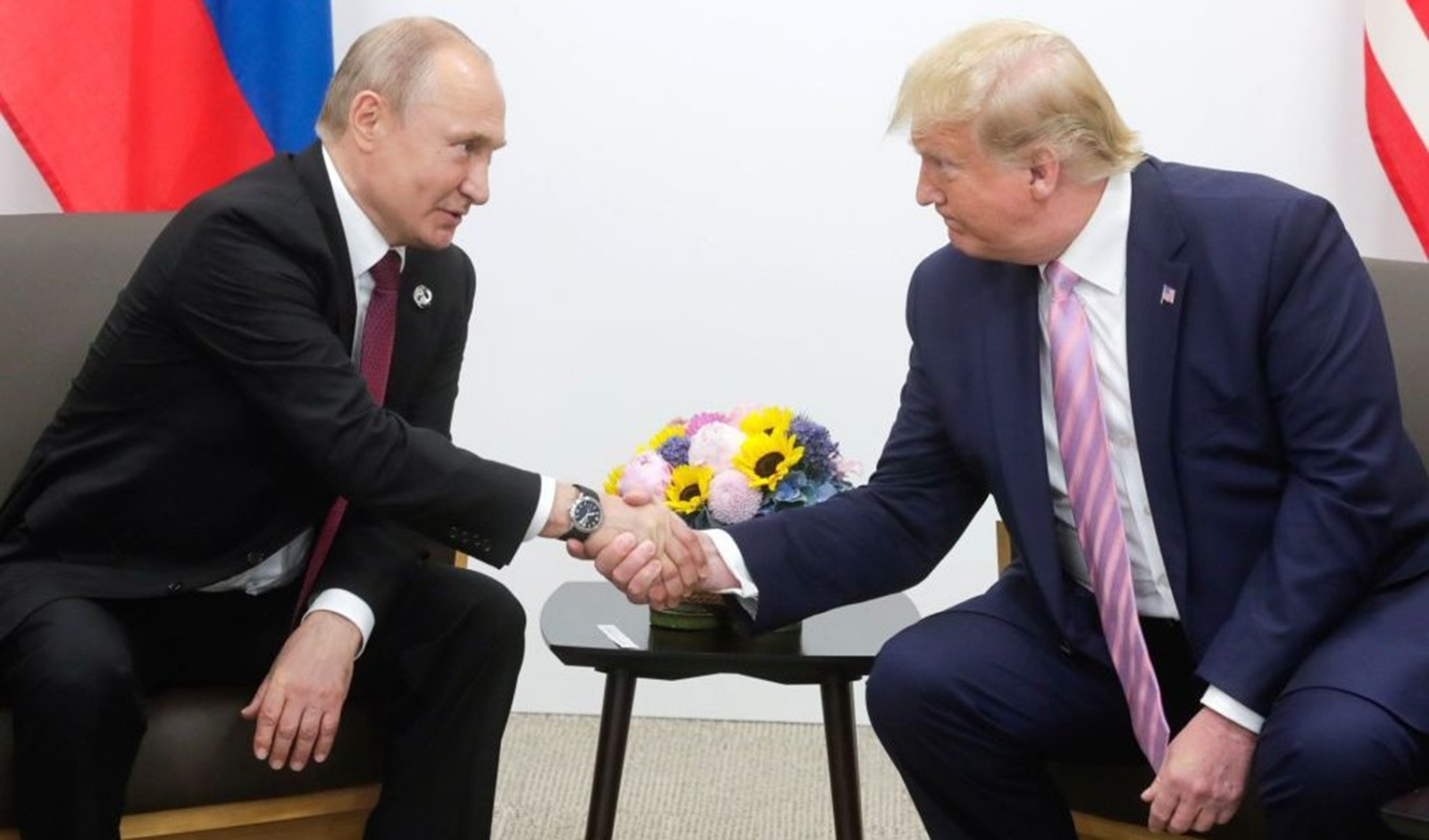Home » US President Trump ready to meet with Russian President Putin
US President Trump ready to meet with Russian President Putin

Following the inauguration of US president Donald Trump and Russian president Vladmir Putin to discuss the Russia-Ukraine War and other matters.
Trump has stated that both sides have suffered significant losses—claiming 1 million Russian and 700,000 Ukrainian soldiers killed in action—and believes the war must end. According to Trump, Russia is eager to engage in negotiations to bring the prolonged conflict to a close.
Despite significant challenges ahead, both the US and Russia have strategic incentives to seek an end to the conflict. For the US, a severely weakened Russia presents a dual-edged challenge—while its military capabilities have been diminished, a total Russian defeat could lead to nuclear instability or fragmentation, posing significant risks. Additionally, the U.S. sees China as its primary geopolitical threat, necessitating a shift in focus and resources to the Indo-Pacific away from Europe. For Russia, a prolonged conflict continues to drain its national strength and deepens its reliance on China, a dynamic that Putin and the Russian leadership find increasingly unacceptable.
Regardless of the meeting’s outcome, both countries’ relations with China are likely to play a pivotal role in negotiations. Russia views its ties with China as a key bargaining chip with the US, and Trump may offer concessions to Putin in exchange for Russia distancing itself from its strategic partnership with China. However, historically, Russia has sought to recover from western setbacks by expanding its influence in the east, a trend that could influence its negotiating stance.
In the short term, expect the meeting to take place behind closed doors, despite Trump’s claims that a resolution could be reached within 24 hours, in this closed-door meeting. While immediate breakthroughs are unlikely., The real goal may be for both sides to achieve a preliminary understanding centered around China’s role in global geopolitics. The medium to long-term implications could see cracks forming in the Russia-China strategic partnership, as mutual distrust remains a long-standing factor in their relationship. Should a strategic realignment occur, Russia might shift its focus to China’s northeastern and northwestern borders, potentially escalating tensions between the two powers during Trump’s second term.
Tiger Zheng is a recent graduate from JHU-SAIS and a Research Analyst at Foreign Brief, specializing in geopolitical events across Asia and China with a focus on international security, diplomatic affairs, and economic developments.

